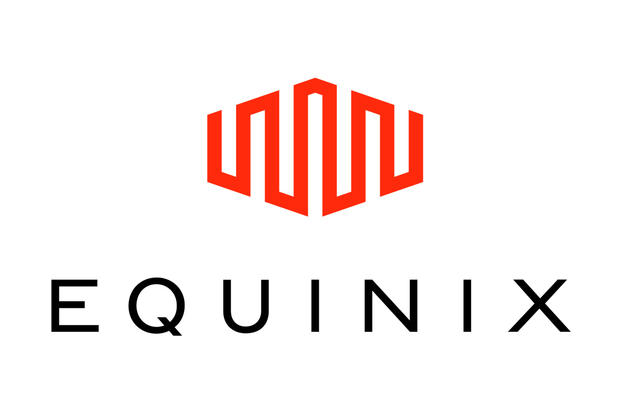Many businesses are familiar with the veterans’ preference hiring system that local, state and federal governments use to ensure veterans have an edge when competing for government jobs. But recently a bill was introduced in New York that would allow companies, not just the government, the ability to offer veterans preference on job applications.
Currently, fifteen states offer veterans preference in hiring by private companies (that ability is granted by the state). Generally, the laws include the need to have the policy in writing, the veteran must be qualified for the position they are applying for and most require the veteran to have been honorably discharged from active duty service to qualify.
The question of legislating veterans’ preference hiring programs in the private sector is interesting and can be closely linked to the increase in veteran hiring programs over the past decade.
Shortly after the veteran unemployment rate reached crisis levels in 2011, companies began working to improve their veteran hiring and retention programs because they were able to appreciate the value a veteran brings to their organization.
Many companies are looking to establishing or enhance their veteran hiring program even further. A good way to show your commitment to hiring veterans is the Veteran Hiring Pledge. This allows you to demonstrate your company’s mission to be a veteran-friendly workplace. Another strategy is to deploy a custom Veteran Talent Portal. This is a company-branded tool intended to engage veteran job seekers with your company values, content, photos, and videos and success stories.
Your company may also take advantage of Military.com’s Audit, Consulting, & Training Solutions program. Companies looking to introduce or improve upon their veteran hiring and retention programs are well-served by this program that helps businesses achieve their hiring goals, overcome challenges, and create a veteran-friendly culture within their organization.
Military life may not always reflect what you do in your company so taking advantage of a quality Military Skills Translator can help veterans find relevant opportunities that complement their military-earned skills.
While the bill may not pass in New York, a similar bill did not pass in the 2016 session; the issue is gaining attention nationally and could result in legislation in the future.
Until then, employers and veterans can access hiring and retention tools as well as transition and skills translator technology to find each other. While legislation may help pave the way for official veteran preference hiring in the private sector, many companies are already breaking new ground with veteran-friendly hiring programs.
For more information on building your veteran hiring and retention program, see our Veteran Employer Resource Center.






